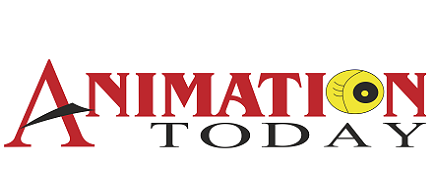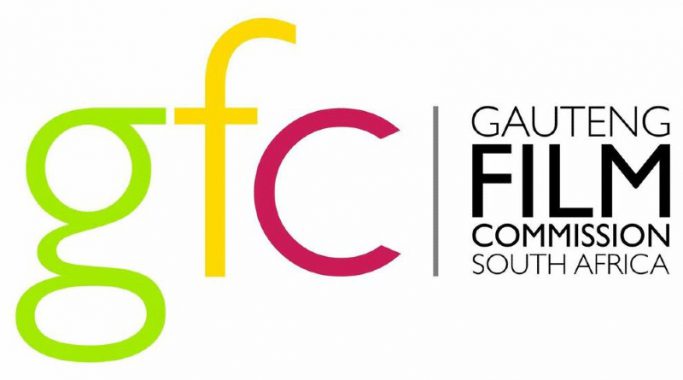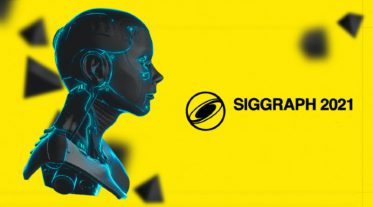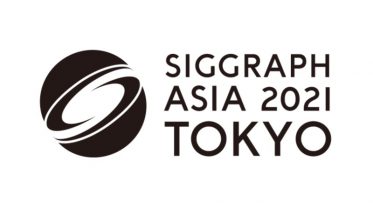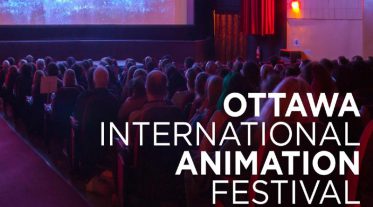South Africa’s Gauteng Film Commission and the African Animation Network (organizers of the FUPiTOONS FESTiVAL) have joined forces to respond to the COVID-19 crisis with a series of “mini-workshops,” called FUPiVERSiTY. The program is aimed at highschoolers seeking a pandemic-resistant career path.
“Animation is not only a pandemic-resistant industry, but also has the potential to create a significant amount of employment for the youth of South Africa in a period when Africa is positioning itself as a global hotspot for animation services,” said Desmond Mthembu, Senior Manager, Industry Support Development at the GFC. “The GFC’s mandate is to promote Gauteng and South Africa as a film destination, we’d like that to extend to animation services and cement the province as an animation destination.”
“And for that to happen, we need a skilled workforce,” added Nthabeleng Phora, Skills Training and Audience Development & Industry Support and Development at the GFC. “Furthermore, with FUPiVERSiTY being an initiative run by AAN’s FUPiTOONS FESTiVAL, we believe that there are synergies between the young audience that view the festival content and the learners amongst them that would like to explore opportunities within the African animation industry.”
FUPiVERSiTY maps a path for learners to develop skills in animation (Animation Hacks) and writing for animation (Writing 101) with the curricula developed respectively by Thinus van Rooyen, who completed his masters at les Gobelins, France and is currently a professor at Savannah College of Art and Design (U.S.), and Garland-Waide Bradford, Head of Communications at AAN, who has a BA Honours in Media Studies and has written for animated TV series.
“Over a year ago Garland, Thinus and I discussed the challenges of entering the animation industry and reasoned that core skills can be acquired at relatively low expense,” explained Nick Wilson, Head of Projects & Content for AAN. “Essentially, learners only need readily available stationary like pens, pencils and paper. Thereafter, we developed some mini-workshops (3-5 minutes in duration, reasonably cost-effective in terms of data expenses) to convey this message. And to further underscore that learners don’t need expensive equipment to develop and produce decent content, we used a smartphone and a cheap microphone to record the mini-workshops.”
AAN also used the opportunity to blood some very promising interns in post-production, with Monicca Rampine as assistant video editor, and Joel Mutshaeni as motion graphics designer.
